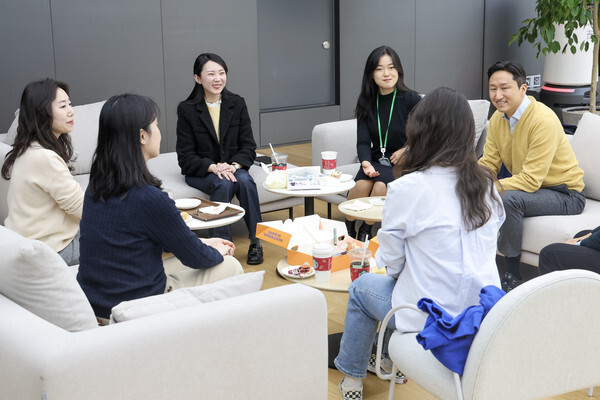
Seoul, South Korea – A new survey by Statistics Korea has revealed that more than one in five married women with minor children in South Korea experience career disruptions. While the overall employment rate for married women has reached a record high, the data highlights significant disparities based on factors such as the age of children and the duration of career breaks.
The survey found that 22.7% of married women with minor children have experienced career interruptions. Common reasons cited for these disruptions include childcare, marriage, pregnancy, and family care.
Key findings of the survey:
Employment rate: The overall employment rate for married women aged 15-54 reached 66%, a record high. However, the rate varied significantly based on the age of children. Women with children under six had the lowest employment rate at 55.6%, while those with children aged 13-17 had the highest at 69.2%.
Career disruptions: The number of married women experiencing career disruptions decreased, but the proportion of women with long-term career breaks increased. 41.2% of women who had experienced a career break were out of the workforce for 10 years or more.
Re-entry barriers: Many women who returned to the workforce faced challenges due to their career gaps and the perception that they were less committed to their jobs.
Factors contributing to career disruptions:
Societal expectations: The traditional expectation for women to prioritize family over career.
Lack of workplace support: Limited availability of flexible work arrangements, such as remote work and flexible hours.
Age discrimination: Older women with career gaps face more significant challenges in re-entering the workforce.
Experts call for policy changes:
Experts have called for increased government support to help women balance work and family life. These measures include:
Expanding flexible work arrangements: Implementing policies that encourage employers to offer flexible work options, such as remote work and flexible hours.
Providing training and education: Offering programs to help women update their skills and re-enter the workforce.
Addressing workplace bias: Challenging stereotypes about women and mothers in the workplace.
"The perception that childcare is primarily a woman's responsibility, coupled with workplace biases against women with caregiving responsibilities, contribute to career disruptions," said Lee Byung-hoon, an honorary professor of sociology at Chung-ang University. "There is a need to promote flexible work arrangements across all workplaces to support working mothers."
The survey highlights the ongoing challenges faced by working mothers in South Korea. While progress has been made in recent years, there is still a need for more comprehensive policies to support women's economic participation and promote gender equality in the workplace.
[Copyright (c) Global Economic Times. All Rights Reserved.]






























